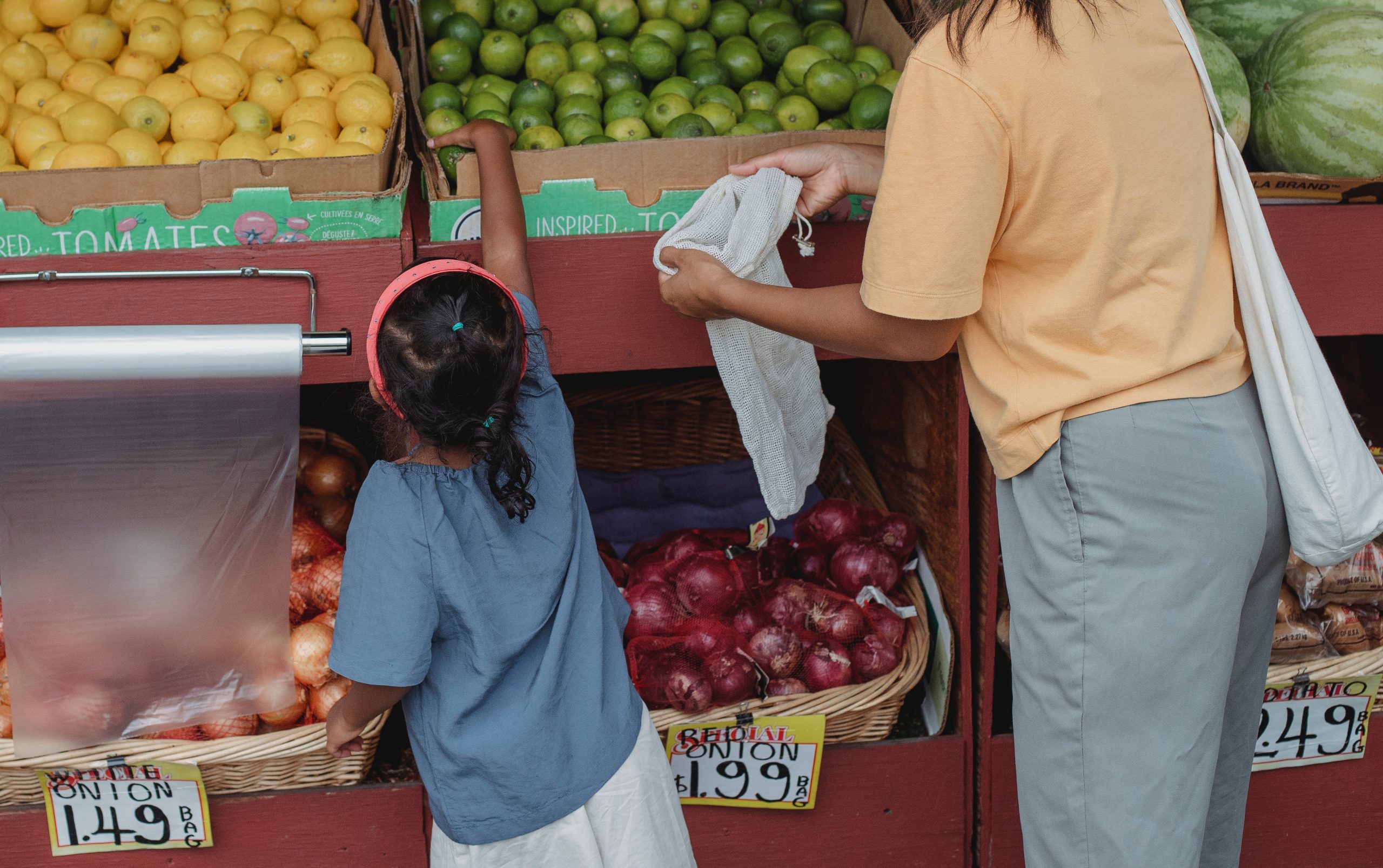
The COVID-19 pandemic has had implications for the resilience and sustainability of food systems. Households with children, especially those of low socio-economic status, have had a significant impact on their food practices due to school closures, furloughs, and job losses.
As a result, New Zealand and the UK saw a 60-100% increase in the use of food banks. These changes in food consumption are very likely to be long-term due to the economic downturn, pushing families into food insecurity and more into poverty. In conjunction with the obesity epidemic and the environmental impact of food, it is important to understand food consumption changes to inform public policies and create effective social marketing interventions to encourage healthy and sustainable eating.
In collaboration with our WUN-partners The University of Auckland, University of York, and the University of Bristol, our research aims to explore changes in low-socioeconomic families’ food practices, focusing on both disruptions of established food practices and adoption of new food practices in response to COVID-19 (and its restrictions).
This will help to understand the health and sustainability implications of these changes. The focus will be on families with primary school children as these families had major disruptions, such as increased caring responsibilities, during the pandemic.
Through an online qualitative approach with 20 families (in New Zealand and the UK), we will explore food consumption practices in response to and as a consequence of COVID-19 (i.e., job losses, use of food banks). We focus our efforts on the UK and New Zealand context, both historically and culturally linked but yet had very different COVID-19 responses.
This study draws on current theories of social practice to ensure that the whole system that frames food practices is considered and addressed. Practice theory is ideal for the study of consumption as it facilitates the embeddedness of consumption in a range of social contexts. The findings of the research will enable us to suggest effective behavioural and social change initiatives (i.e., social marketing) to foster healthy and sustainable eating for vulnerable families.
